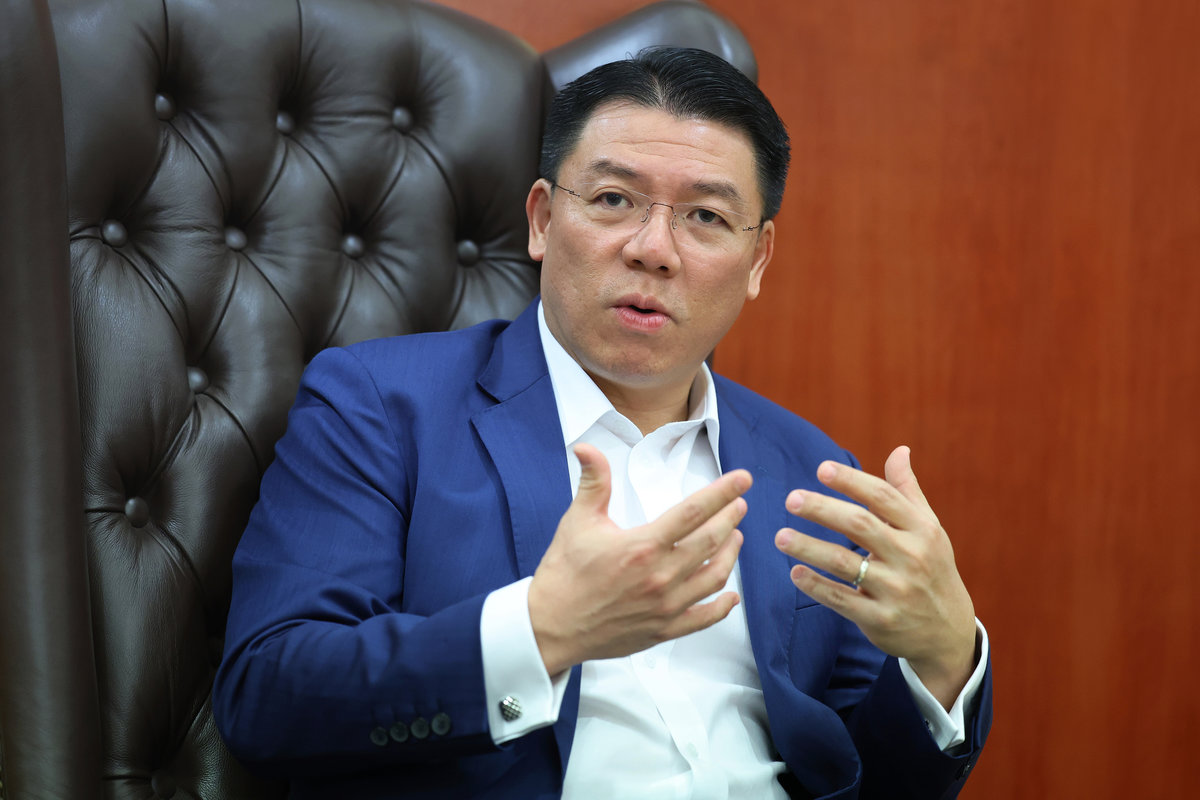PETALING JAYA: Residential properties sold under the Housing Development Act (HDA) are not subject to the Sales and Services Tax (SST), says Housing and Local Government (KPKT) Minister Nga Kor Ming.
He said that the exemption is based on either the land title or the property’s intended use.
“In essence, all residential units — including serviced apartments that sit on commercial land titles — are exempt from SST, provided they are meant for residential purposes and fall under HDA regulations,” he said in a statement yesterday.
Nga made this statement following a consultation with Finance Minister II Datuk Seri Amir Hamzah Azizan, in response to feedback from industry stakeholders expressing concerns about the updated SST framework.
The Housing Development (Control and Licensing) Act 1966 (HDA) is designed to regulate housing development and protect homebuyers when purchasing residential properties from developers.
The Act has undergone multiple amendments — especially in 2002, 2007, 2012, and 2015 — to strengthen consumer protection, regulate developers more strictly, and adapt to the evolving housing market in Malaysia.
Nga also explained that the issue of cascading taxes is addressed through a Business-to-Business (B2B) exemption, ensuring that service tax is imposed at only one level.
According to the Finance Ministry, basic construction materials such as cement, aggregates, and sand remain subject to 0% sales tax.
Out of 400 tariff codes applicable to building materials, sales tax has been increased for only eight, covering items such as vats, laminated glass, and netting.
This will affect only 2% of the total building material tariff codes.
“Contractors may choose to separate material costs from service charges, allowing the service tax to apply solely to construction services,“ he added.
Nga added that KPKT remains committed to continuous engagement with the Finance Ministry and other key stakeholders to ensure fair implementation of tax policies, safeguard the interests of homebuyers, and support a stable, sustainable housing sector.
“In line with the Madani aspirations, the ministry remains committed to preserving housing affordability and protecting homebuyers’ interests under the revised SST framework,“ he added.
The Finance Ministry recently announced that the revised and expanded SST outlined in Budget 2025 will take effect on July 1, 2025.
A sales tax rate of five to 10 per cent will be imposed on selected non-essential goods.
The scope of the Service Tax will be extended to include new services such as rental or leasing, construction, finance, private healthcare, education, and beauty services, with a 6.0 per cent tax applicable to providers earning over RM1.5 million annually.
Amir Hamzah said the SST revision and expansion reflect an increasingly sophisticated tax system that reflects values of shared prosperity and, importantly, prevents the rich-poor gap from widening further.









